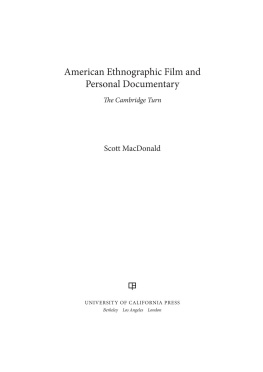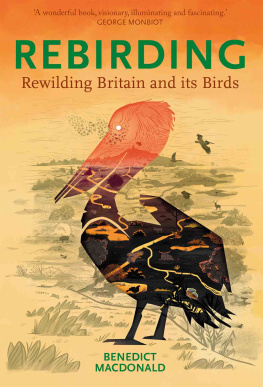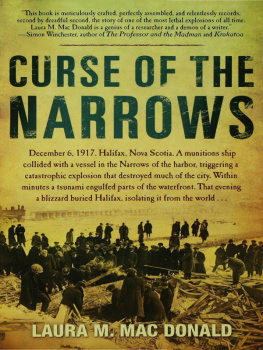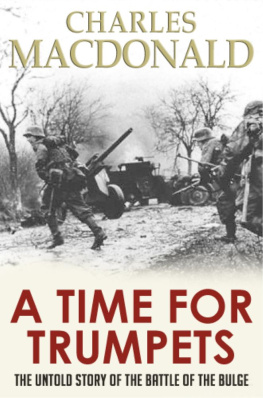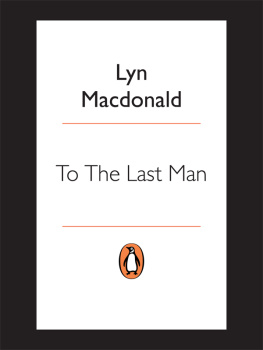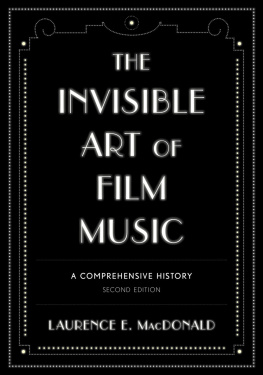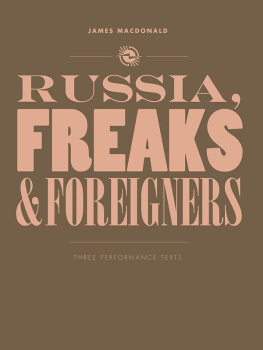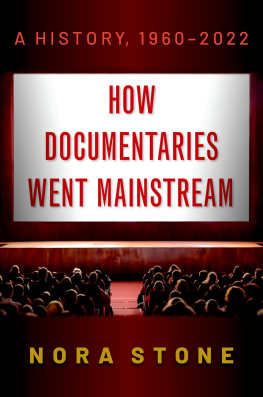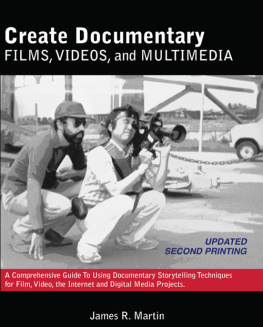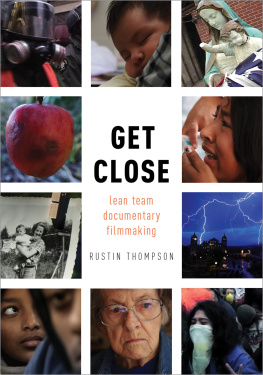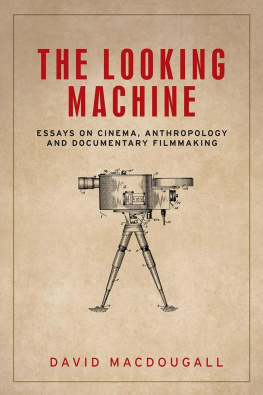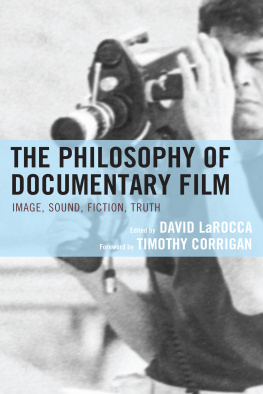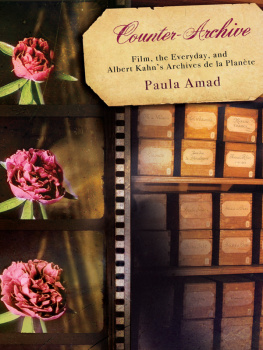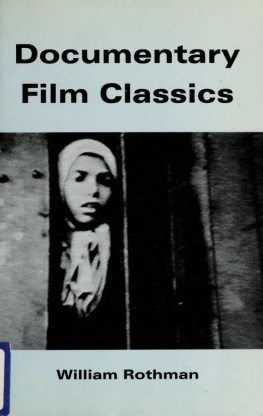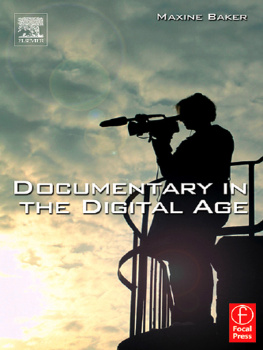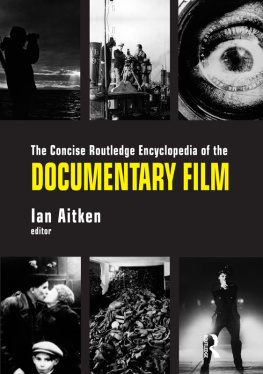
American Ethnographic Film and
Personal Documentary
The publisher gratefully acknowledges the generous support of the Ahmanson Foundation Humanities Endowment Fund of the University of California Press Foundation.
The publisher also gratefully acknowledges the generous support of the Humanities Endowment Fund of the University of California Press Foundation, the LEF Foundation, and Hamilton College.
American Ethnographic Film and
Personal Documentary
The Cambridge Turn
Scott MacDonald

UNIVERSITY OF CALIFORNIA PRESS
BerkeleyLos AngelesLondon
University of California Press, one of the most distinguished university presses in the United States, enriches lives around the world by advancing scholarship in the humanities, social sciences, and natural sciences. Its activities are supported by the UC Press Foundation and by philanthropic contributions from individuals and institutions. For more information, visit www.ucpress.edu.
University of California Press
Berkeley and Los Angeles, California
University of California Press, Ltd.
London, England
2013 by The Regents of the University of California
The author gratefully acknowledges the generous support of the Academy of Motion Picture Arts and Sciences in the form of an Academy Film Scholars grant.
Library of Congress Cataloging-in-Publication Data
MacDonald, Scott, 1942
American ethnographic film and personal documentary : the Cambridge turn / Scott MacDonald.
pagescm
Includes bibliographical references and index.
ISBN 978-0-520-27561-4 (hardback) ISBN 978-0-520-27562-1 (paper) ISBN 978-0-520-95493-9 (ebook)
1. Documentary filmsUnited StatesHistory and criticism. 2. Ethnographic filmsUnited StatesHistory and criticism. I. Title.
PN1995.9.D6M3152013
070.18dc23
2012045799
Manufactured in the United States of America
22 21 20 19 18 17 16 15 14 13
10 9 8 7 6 5 4 3 2 1
In keeping with a commitment to support environmentally responsible and sustainable printing practices, UC Press has printed this book on Rolland Enviro 100, a 100% post-consumer fiber paper that is FSC certified, deinked, processed chlorine-free, and manufactured with renewable biogas energy. It is acid-free and EcoLogo certified.
For Jordan Belson, Robert Breer, Chick Callenbach, Mani Kaul, George Kuchar, Chris Marker, Robert Nelson, Anne Charlotte Robertson, and Amos Vogel.
Your passing will not dim your accomplishments or our gratitude for them.
CONTENTS
Introduction
Knowledge of sensible realities thus comes to life inside the tissue of experience. It is made ; and made by relations that unroll themselves in time.
WILLIAM JAMES, ESSAYS IN RADICAL EMPIRICISM
A TENTATIVE OVERVIEW OF BOSTON-AREA DOCUMENTARY FILMMAKING
Over the years, particular forms of filmmaking have been identified with particular cities: Hollywood, with commercial melodrama, obviously; Mumbai, with a certain form of Indian musical; and New York and San Francisco with American avant-garde filmmaking. And in his remarkable book, The Most Typical Avant-Garde: History and Geography of Minor Cinemas in Los Angeles (Berkeley: University of California Press, 2005), David James argues convincingly for the Los Angeles areas centrality not simply in the history of commercial filmmaking but in the histories of a wide range of alternative cinemas. One of Jamess accomplishments is to recognize that the makeup of a particular urban area can facilitate the production of specific forms of cinematic art and particular kinds of cinematic critique.
During the past fifty years, the Boston area has been the fountainhead of American documentary filmmaking.
To some extent, the Boston areas emergence as a producer of documentary film had to do with the expansion of technological options available to nonfiction filmmakers beginning in the early 1960s. The availability of lightweight, sync-sound film rigs (Ricky Leacock, who would team up with Ed Pincus in 1968 to establish the Film Section at MIT, was a central figure in the development of this equipment) made new forms of cinema verite filmmaking possible.
Observational documentary has substantial roots in the Boston area. In 1960 Robert Drew, who studied new editorial approaches for candid film reporting while on a Nieman Fellowship at Harvard, assembled a group of filmmakersLeacock, Albert Maysles, D.A. Pennebakerto document the Wisconsin Democratic primary race between John F. Kennedy and Hubert H. Humphrey. The result, Primary (1960), was a breakthrough, providing viewers with an insiders view of the American political process; this in-close depiction of American politics at work continued in Drew Associates later films, including Crisis: Behind a Presidential Commitment (1963), a documentation of the desegregation of the University of Alabama by John Kennedy and his attorney general, Robert Kennedy, in the face of Governor George Wallaces resistance. Several of the Drew Associates were soon making their own contributions to the observational mode: after filming what became a television show about the strange scene that surrounded the birth of the Fischer quintuplets in Aberdeen, South Dakota, in 1963, Leacock made Happy Mothers Day (1963, co-directed by Joyce Chopra), his own satirical version of the experience. At MIT from 1968 on, Leacock would continue to explore the possibilities of observational filmmaking, to work toward the development of increasingly lightweight and inexpensive sync-sound equipment, and to nurture a younger generation of filmmakers. Albert Maysles and his brother David (both were born in Boston and raised in Brookline, and both were graduates of Boston University: Albert earned an M.A. in psychology and taught at B.U. for three years; David, a B.A. in psychology), made their breakthrough feature, Salesman, in 1968, documenting four Bible salesmen who were working out of Boston.
The most prolific and independent of Cambridge documentary filmmakers working in the observational mode is Frederick Wiseman. Since 1967 and Titicut Follies, his controversial film about inmates at the Massachusetts Correctional Institution in Bridgewater (shot by John Kennedy Marshall), Wiseman has been recognized as the quintessential observational filmmaker. Accomplished and often brilliant, Wiseman has focused on a wide range of American institutions institutions in a broad sense of the termin dozens of feature films, including such cine-landmarks as High School (1968), Law & Order (1969), Hospital (1969), Welfare (1975), Near Death (1989), and Belfast, Maine (1999). Wisemans work, a staple of American public television for a generation, has provided, and continues to provide, a remarkable panorama of contemporary institutional life. Wisemans films are distributed by Zipporah Films, Wisemans distribution company in Cambridge.
Another major Boston area contribution, or really a continuing series of contributions, to modern documentary has resulted from the long-term commitment of Bostons television station WGBH to well-crafted informational documentaries. Since The Negro and American Promise (1963), WGBH has been a pioneer in television programming about race. One of WGBHs signal series, of course, is Eyes on the Prize, produced by Henry Hampton, who moved to Boston in 1961, where he founded Blackside Productions. For the two Eyes on the Prize seriesthe first, Eyes on the Prize: Americas Civil Rights Years ( 1954 1965 ), which premiered in 1987 on PBS; the second, Eyes on the Prize II: America at the Racial Crossroads ( 1965 1985 ); it premiered in 1990Hampton assembled a group of researchers and filmmakers, many of them African Americans, who compiled a wealth of documentation of the civil rights movement and interviewed many of the individuals who had participated in or witnessed crucial events in this history. The fourteen programs in the two series provide the most extensive and gripping cinematic record of one of the major social transformations in American history. Among the most powerful of the Eyes on the Prize episodes is the thirteenth program, The Keys to the Kingdom (1974 1980), which was produced, directed, and written by Harvard graduate Paul Stekler and the late Jacqueline Shearer, a lifelong Bostonian: this episode chronicles the clash in Boston over school busing. Boston University graduate Orlando Bagwell, who directed the third and fifth episodes of Eyes on the Prize, has gone on to make a series of documentaries about African American history, including the four-part, six-hour, WGBH-produced Africans in America (1998).
Next page
